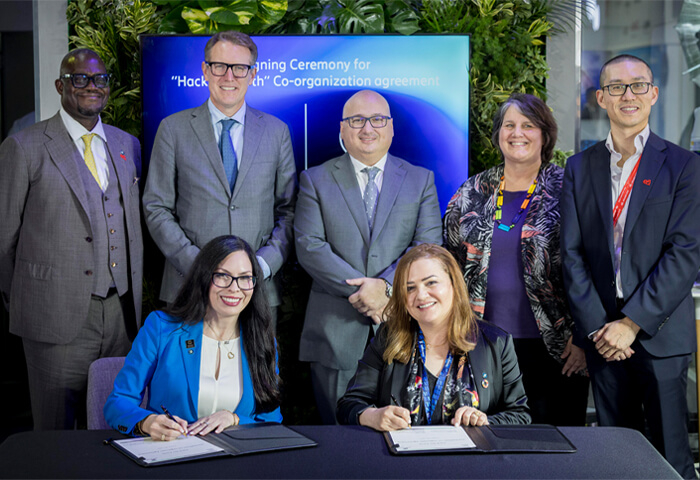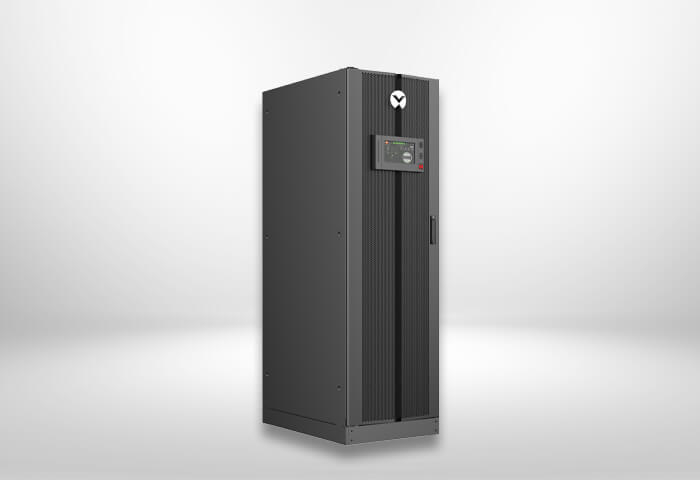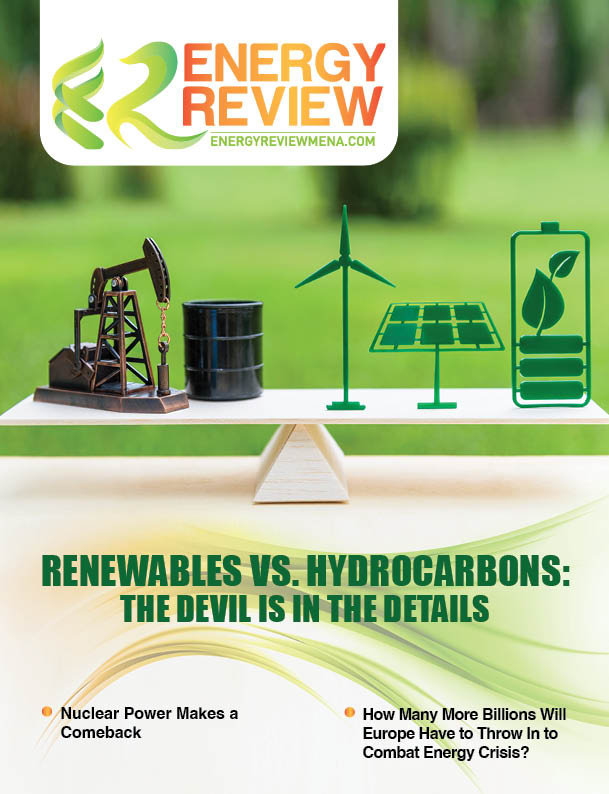As a home-grown startup, how has Cafu's journey been so far? What are the challenges and opportunities?
At CAFU, we are a group of passionate individuals who have come together to use the collective power of intelligence and create a better world for mobility. Like all great start-ups, our mission is to reinvent mobility infrastructure by bringing innovation and convenience to time-consuming tasks such as car refuelling or charging and other car service needs. Our goal is to become the preferred platform for all vehicle services, providing our customers with comprehensive, on-demand, smart solutions for their automotive needs.
One of the biggest challenges at the outset was that we were operating in the Energy industry, which is historically one of the largest industries in the world, with huge, well-established players with deep-pockets. That meant we had to be lean and agile to survive and had to be very clear about what CAFU is: a technology platform that can enable them to supplement their infrastructure with a mobile, tech-enabled layer.
At CAFU we often view ourselves as disruptors in the technology, mobility and energy landscapes. We believe that our platform and services hold the potential to enhance and change the industries we operate in. However, this is only possible when we have the support of governmental leadership and regulators alike – and their support has proven to be instrumental in our success.
It certainly helps that CAFU’s mobile infrastructure can help to unlock the full potential of the zero-emission vehicle transition, by making EV Charging (and the distribution of other renewable energy sources) more available to fleets and individuals.
Despite challenges, our commitment to innovation and growth remains. Earlier this year we expanded into Canada market, where we are proud to offer a mobile EV charging solution, allowing EV ownership to become more accessible and convenient for consumers and fleets alike, as well as solving the grid problems and infrastructure gap that slow down the EV transition.
As a tech-driven tech company, we continuously challenge the status quo in our quest to solve our customers’ and communities’ problems. In addition to our on-demand energy verticals, we have expanded our offerings to include services such as mobile car wash, insurance and various other maintenance services in the UAE. We are also about to launch our car marketplace and some new insurance products.
CAFU’s customers will soon be able to purchase their car on the CAFU App, insure and service it, while ensuring their car can run the distance without running out energy, and when the time is right for them they can also sell their cars on our app - all through a seamless and smooth experience. With time, they will be able to connect their vehicle to our platform, and we will be able to take care of everything for them, without them having to worry about anything.
This is what we mean by the mobility infrastructure of the future. Everything you need to keep your vehicle running can now come to you thanks to our technology, and CAFU has become a trusted partner in all aspects of car ownership and maintenance.
Please tell us about your company's motivation to expand into Canada. What are your other target regions?
The fundamental idea behind CAFU’s innovation is a universally relatable one. People around the world, including our region, encounter similar frustrations when it comes to the keeping their cars running; if you think about it, the traditional model hasn’t evolved in over a century; our grandparents filled and serviced their cars the same way most people do today. Our society’s needs have changed, and technology enables us to adapt the model to those needs.
Driven by our commitment to sustainable innovation and our desire to provide the best solutions to market-specific requirements, we introduced Canada’s first-ever mobile EV charging solution to individuals and fleets. This groundbreaking, connected, smart and mobile service allows car owners to charge their electric vehicles with a simple tap of a button, expanding access to charging infrastructure.
Our decision to launch in Canada was driven by various market indicators telling us it was the natural next step for CAFU.
Despite being in the BETA phase in Canada, our mobile EV charging service has already achieved remarkable success. We have received an overwhelmingly positive response from customers who appreciate and see the value in the convenience and accessibility our services provide. We are utilizing our BETA phase to actively gather valuable feedback from our customers, which allows us to further refine and enhance our services for the Canadian market and beyond.
At CAFU, we have a global outlook, and our goal is to introduce our innovative concept on a global scale. As our business model is more efficient, flexible, and scalable than fixed infrastructure, we have been able to make significant strides in expanding our services to North America and are actively exploring opportunities for further expansion in other regions, including Europe, Asia and the MENA region.
Localization is a key aspect of our strategy. We strive to understand the specific needs and dynamics of each community, work with local R&D partners and adapt our services accordingly. This ensures that we provide solutions that are relevant and beneficial to the communities we serve.
How is Cafu tapping into the potential of emerging technologies such as AI, ML in its operations?
Our proprietary routing algorithms allow us to determine the most efficient delivery routes, creating a dynamic supply chain model that aligns with demand. Using emerging technologies, we are continuously developing our AI routing systems, which allow the producers on our platform to provide services to CAFU’s customers with maximum efficiency.
We continuously invested in CAFU’s technology, resulting in our operations becoming more efficient and cost effective than most of those static models and infrastructure where it gets busy twice a day. We operate 24 hours a day, providing a great complement to fixed infrastructure such as gas stations, chargers and workshops.
How would Cafu like to see the EV landscape evolve in the MENA region, especially in terms of energy-efficiency and sustainability? Is there any scope for collaboration with other industry players?
Firstly, collaboration is what CAFU was built to do. Our platform is designed in a way that ensures that we are not the only ones operating the service delivery vehicles; they are operated by partners, ranging from brick-and-mortar workshops who wanted to go digital and mobile, through to established energy companies. So, collaboration is key for CAFU, and our partners’ success is the only path to our own success.
With COP27 having taken place in Egypt and COP28 set to take place in the UAE next month, there is no doubt that the MENA region is moving forward with sustainable innovations and that the appetite for change and transformation is real – reinforcing the faster adoption and move toward a sustainable mobility and vehicle industry.
To sustain and build on this momentum, priority should be on charging infrastructure. A mobile EV charging solution can provide on-demand charging services for electric vehicles, which can help address the current lack of charging infrastructure.
Governments in the region must do more to incentivize the adoption of zero-emission vehicles, which will, in turn, provide a boost to the sustainability knowledge economy.
Additionally, integrating new renewable energy sources, such as hydrogen, into the XEV ecosystem is important for the region, which has the ability to produce clean hydrogen more cheaply than other regions. Hydrogen is gaining momentum, with the projected worth of clean hydrogen market set to hit $1.4 trillion by 2050.
Educating consumers is another key area to advance the ZEV transformation. Raising awareness about the benefits of EVs, energy sources, and sustainable transportation for our environment can help foster a culture of sustainability in the region.
As such, public-private partnerships are vital for building a comprehensive energy network. Governments, visionary leaders, and private companies can come together to advance this agenda in urban areas and in residential complexes, making cleaner transportation more accessible to a broader population.
At CAFU, we are committed to enabling the energy transition by forging the right strategic partnerships with people and organizations that share our passion for shaping the future of sustainable mobility. Fostering partnerships is when opportunities arise. We believe collaborations will be crucial to catapult us forward, to truly accelerate clean mobility in our communities.









